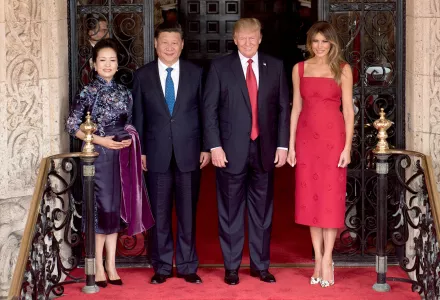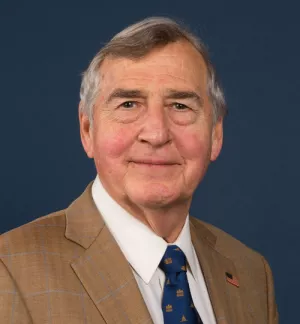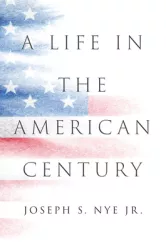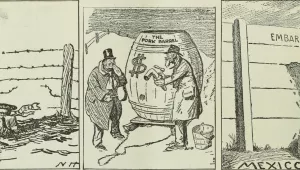
Preview
What does China’s President Xi Jinping want? Four years before Donald Trump became president, Xi became the leader of China and announced an epic vision to, in effect, “make China great again”—calling for “the great rejuvenation of the Chinese nation.”
Xi is so convinced he will succeed in this quest that he has blatantly flouted a cardinal rule for political survival: Never state a target objective and a specific date in the same sentence. Within a month of becoming China’s leader in 2012, Xi specified deadlines for meeting each of his “Two Centennial Goals.” First, China will build a “moderately prosperous society” by doubling its 2010 per capita GDP to $10,000 by 2021, when it celebrates the 100th anniversary of the Chinese Communist Party. Second, it will become a “fully developed, rich, and powerful” nation by the 100th anniversary of the People's Republic in 2049. If China reaches the first goal— which it is on course to do—the IMF estimates that its economy will be 40 percent larger than that of the U.S. (measured in terms of purchasing power parity). If China meets the second target by 2049, its economy will be triple America's.
What does China’s dramatic transformation mean for the United States and the global balance of power? Singapore’s Lee Kuan Yew, who before his death in 2015 was the world’s premier China-watcher, had a pointed answer about China’s stunning trajectory over the past 40 years: “The size of China’s displacement of the world balance is such that the world must find a new balance. It is not possible to pretend that this is just another big player. This is the biggest player in the history of the world.”
Lee’s analysis of what was happening in China, as well as the wider world, made him a sought-after strategic counselor to presidents and prime ministers on every continent—including every American head of state from Richard Nixon to Barack Obama. Lee spent thousands of hours in direct conversations with Chinese presidents, prime ministers, cabinet officers, and rising leaders of his “neighbor to the North.” Every Chinese leader from Deng Xiaoping to Xi Jinping has called him “mentor,” a term of ultimate respect in Chinese culture. And Lee, who shared his insights with me for a book I co-authored in 2013, had seen up close China’s convulsions from the Great Leap Forward and Cultural Revolution in the 1960s to Deng’s capitalist pivot in the 1980s. Indeed, he had established serious working relationships with many of the people who governed China, including China’s future president, Xi Jinping.
Lee foresaw the 21st century as a “contest for supremacy in Asia.” And as Xi rose to the presidency in 2012, Lee announced to the world that this competition was accelerating. Among all foreign observers, Lee was the first to say of this largely unknown technocrat, “Watch this man.”
Allison, Graham. “What Xi Jinping Wants.” The Atlantic, May 31, 2017
The full text of this publication is available via The Atlantic.




